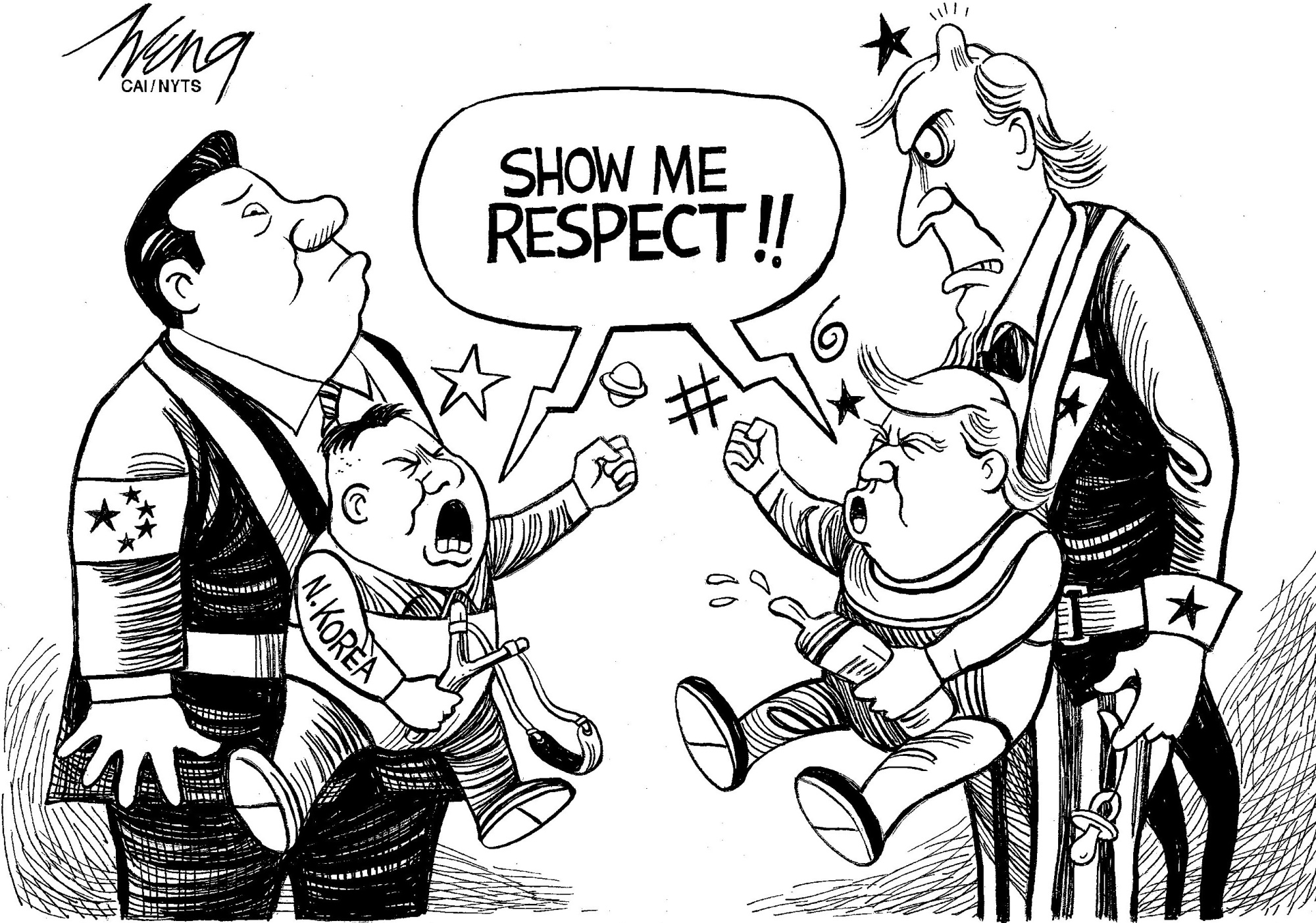North Korea's recent successful intercontinental ballistic missile tests have put Pyongyang on the cusp of having the means to credibly threaten the continental United States with a nuclear strike. The Trump administration has vowed to "not allow" North Korea to continue on its "destructive path" but so far has not put forth specific new policies to stop Pyongyang. Since the latest test, several senior administration officials have stepped up their rhetoric, labeling the North as the most urgent threat facing the U.S. and stating that it is "unimaginable" to allow North Korea to have the capability to attack the U.S. mainland.
A rogue China
As U.S. policymakers ponder how to deal with North Korea's nuclear and missile programs, it is important to remember that we are not in uncharted territory. The U.S. found itself in a similar situation more than 50 years ago, when faced with the prospect of Maoist China going nuclear. Then as now, experts questioned if rational decision makers were behind the nuclear controls of a reclusive communist state and military options — no matter how risky — were seriously considered.



















With your current subscription plan you can comment on stories. However, before writing your first comment, please create a display name in the Profile section of your subscriber account page.